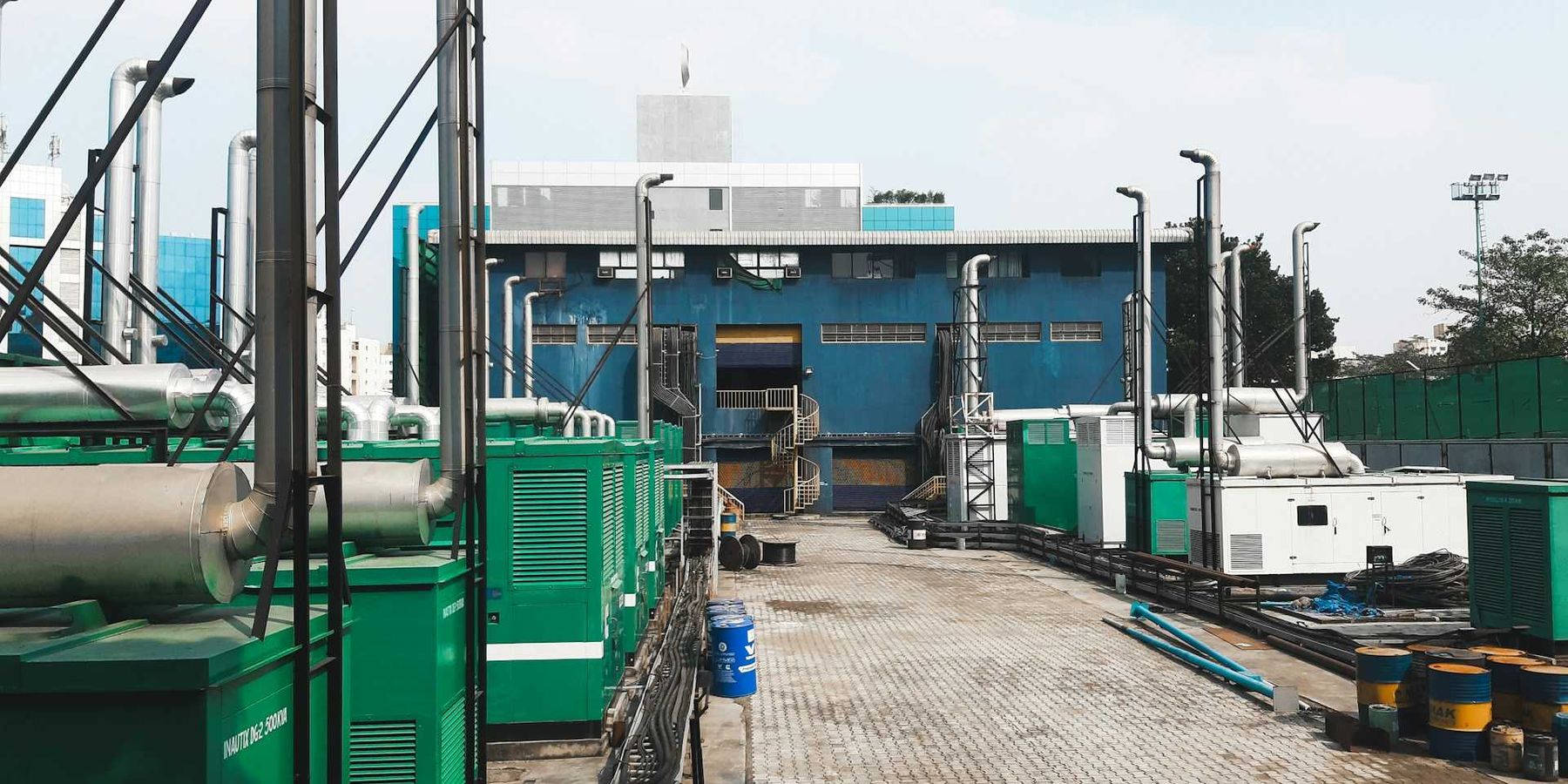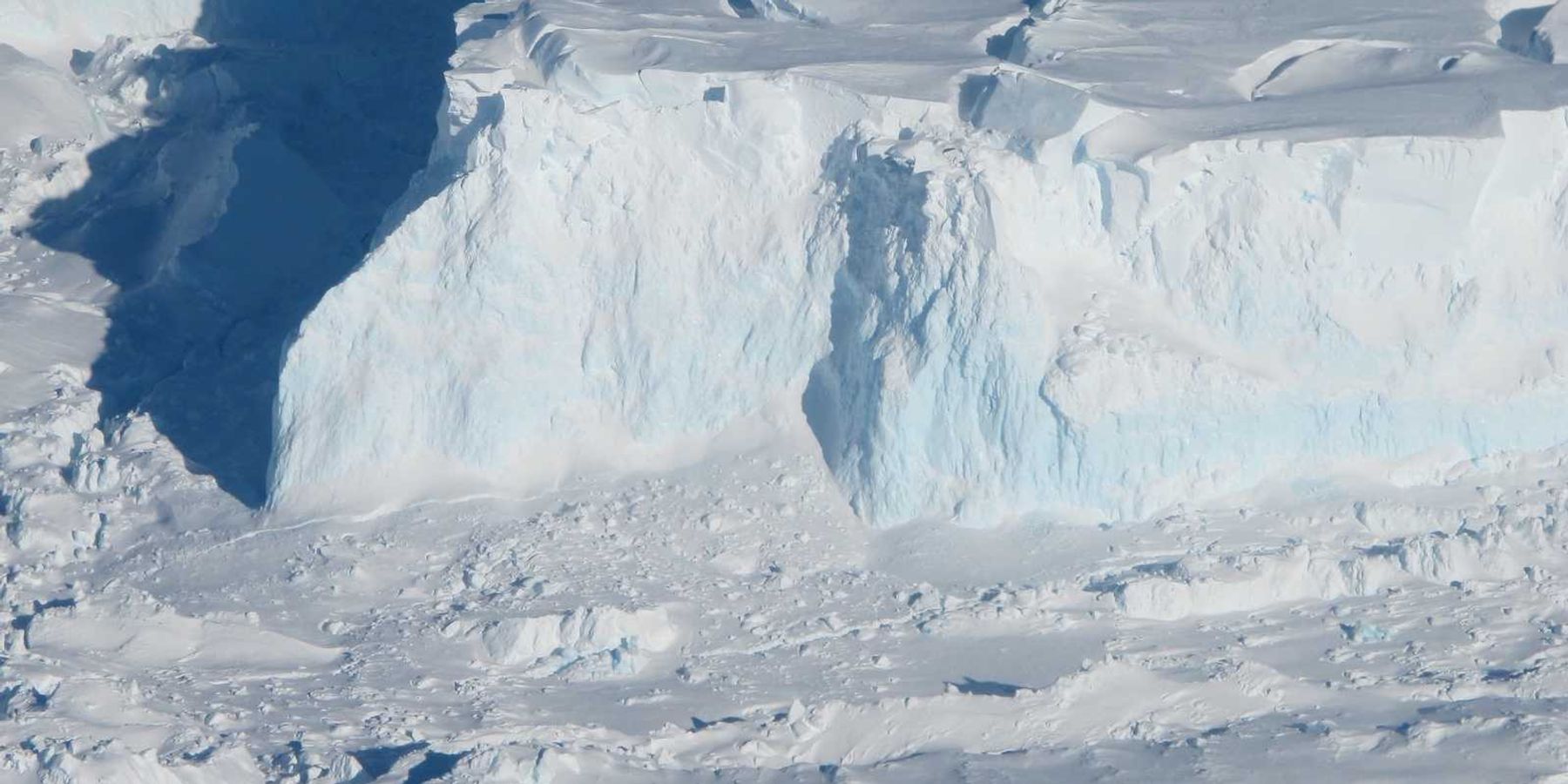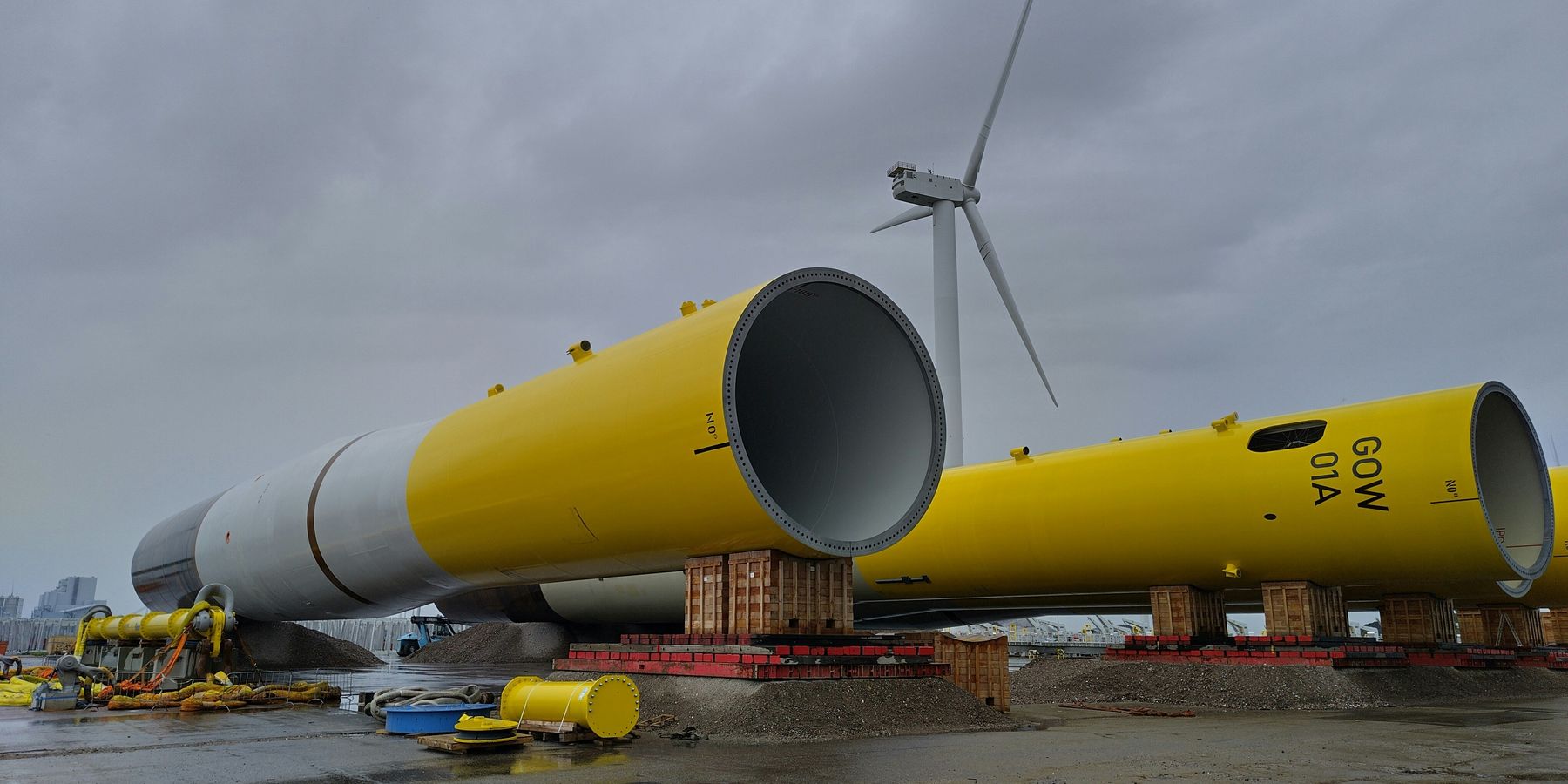cosmosmagazine.com
Big companies’ pledges to reduce plastic pollution aren’t working, shows study
Isotopes tell story of baleen whales and climate change
Lower sea levels increase volcanic eruptions
Research finds that lower sea levels, which happen during ice ages, were linked to higher rates of volcanic eruption.
Magnetic reversal caused massive climate shifts
Lessons from the past
The Anthropocene marks relentless and increasingly grave environmental degradation as the Earth faces tipping points for climate change, biodiversity and survival. To address these ills, scientists say we can learn valuable lessons from the past.
Climate trouble in the tropics
Tropical plants close to the equator are most at risk from climate change because it will likely become too hot for many species to germinate, new research suggests.
Soil pathogens rise as temperatures do
Pathogenic plant fungi are likely to multiply and spread as rising temperatures warm soils, which will add to the challenges of maintaining world food production alongside other climate change-driven crises and a burgeoning human population.









